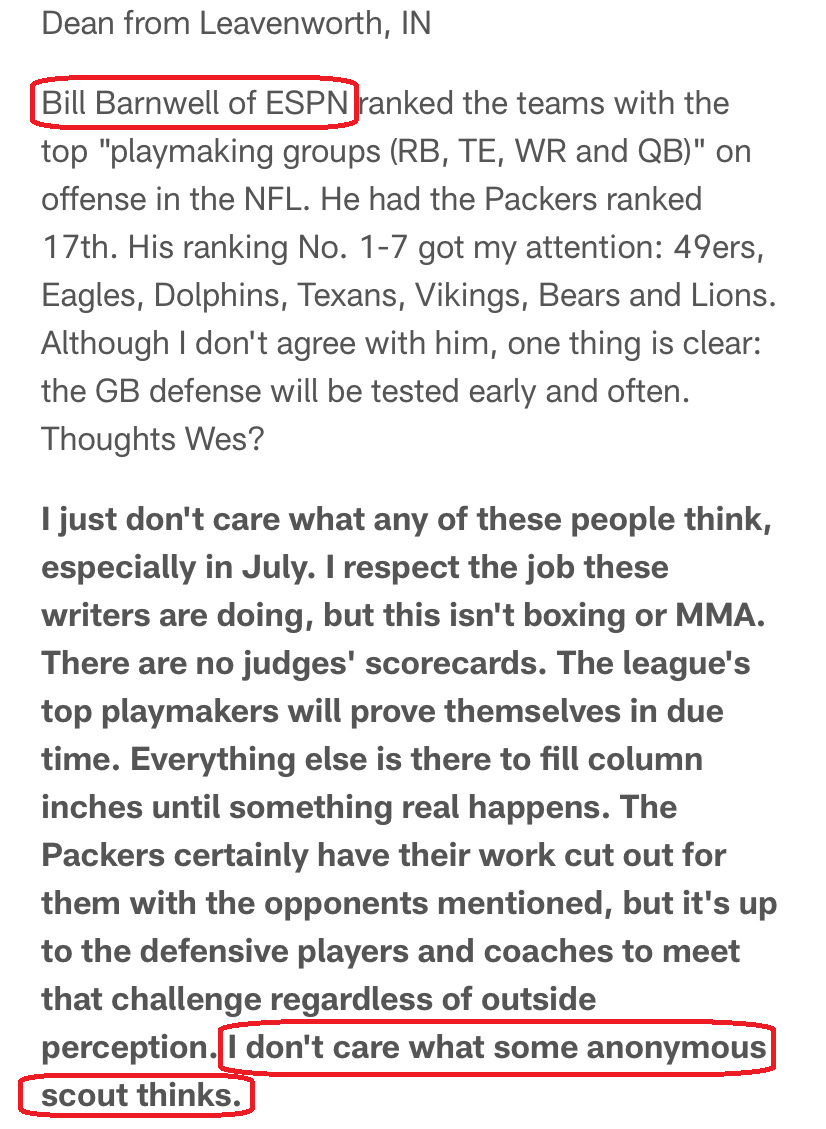Mark Twain once wrote: I haven't any right to criticize books, and I don't do it except when I hate them. I often want to criticize Jane Austen, but her books madden me so that I can't conceal my frenzy from the reader; and therefore I have to stop every time I begin. Every time I read Pride and Prejudice I want to dig her up and beat her over the skull with her own shin-bone.
Without naming names, I can’t help but call out a professional writer who made two gaffes today (and, if it was an anomaly, I wouldn’t say/write anything about it, but just assume he had overserved himself or something — yet he claims to only drink root beer, so it’s apparently not that).
Of course, I could criticize some of the readers who ask him questions for their misspellings and poor grammar and such, because it’s common for them to make even more egregious mistakes than the writer does, but hey, they’re just “regular Joes” (and “regular Janes”), so I’ll leave them alone. A professional writer, though, should be held to a higher standard, so here are a couple of examples of his fails — just the two most recent ones (from today):
Ok, so he calls his colleague a “scout” (he’s not a scout, he’s a fellow sportswriter) and refers to him as “anonymous.” I don’t think that word (anonymous) means what he thinks it means. Writers should be aware of the denotation of words. The quoted sportswriter’s name was given by the reader/question-asker, so he’s not anonymous. Maybe he meant “random”? Even that is not necessarily an accurate description of the person, but had he used it, I wouldn’t have called him out on saying he was “anonymous” (and calling him a scout).
Second example:
He should’ve used “entered” instead of “enters” (or “would be” rather than “would’ve been”), but never mind that. What he (presumably) meant to write at the end was, “…neither Jordan Love nor Sean Clifford would’ve been eligible to return.” You would think it would be pretty simple to self-edit before posting.







